Are contactless payments going to kill cash?
Payments limit rises to £30 as value of 'tap and go' transactions surges
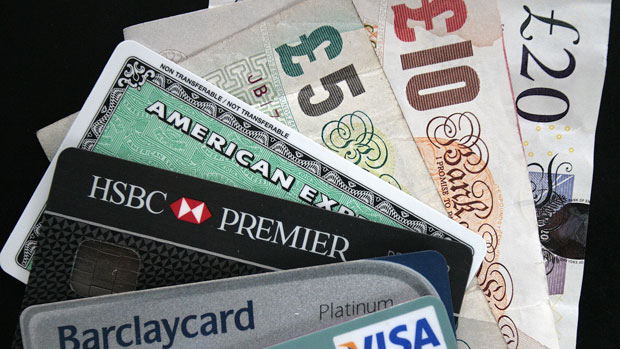
A free daily email with the biggest news stories of the day – and the best features from TheWeek.com
You are now subscribed
Your newsletter sign-up was successful
There are fresh predictions that Britons may soon cease using cash to buy goods and services, as contactless payments surge and a new higher limit on 'tap and go' spending looks set to further the trend.
The BBC says card issuers have lifted the cap on contactless payments from this week from £20 to £30, as the value of transactions passes £2.5bn for 2015 so far – already higher than the whole of last year. While the Daily Telegraph notes it might be "a few weeks" until those machines maintained by shops themselves are upgraded, the move is already heralding a renewed shift to adopt the technology and The Guardian reports Sainsbury's will offer the option by the end of this year.
The new limit is "psychologically important" as it is now higher than the average supermarket spend of £25. Smaller shops will also be forced to offer the payment method by 2020 if they wish to continue accepting card payments, with increased spend and reduced admin associated with contactless likely to result in the removal of charges for small card purchases, according to the Daily Mail.
The Week
Escape your echo chamber. Get the facts behind the news, plus analysis from multiple perspectives.

Sign up for The Week's Free Newsletters
From our morning news briefing to a weekly Good News Newsletter, get the best of The Week delivered directly to your inbox.
From our morning news briefing to a weekly Good News Newsletter, get the best of The Week delivered directly to your inbox.
The shift is encouraging more people to believe cards will continue to increase as a proportion of spending, having already overtaken cash earlier this year. The Financial Times cites research from Lloyds indicating a quarter of people believe they will "no longer need cash in five years".
Standing in the way of the seemingly inexorable rise of plastic payments are stubborn security concerns, mentioned by 44 per cent of Lloyds' respondents. Earlier this year Which? claimed to have been able to buy a £3,000 television with a card number and expiry date "grabbed" from a contactless card using a readily-available reader, prompting the BBC to reflect advice to place cards in a "foil-lined wallet". There are also reports of "phantom" or "double" payments.
Industry figures say these incidents are rare and that the technology is safe. They point out most retailers require more information that the card number and expiry date, which are all that can be taken from a contactless card, and that the company from which you are purchasing or otherwise your bank is liable for fraudulent transactions in most cases.
A free daily email with the biggest news stories of the day – and the best features from TheWeek.com
-
 How the FCC’s ‘equal time’ rule works
How the FCC’s ‘equal time’ rule worksIn the Spotlight The law is at the heart of the Colbert-CBS conflict
-
 What is the endgame in the DHS shutdown?
What is the endgame in the DHS shutdown?Today’s Big Question Democrats want to rein in ICE’s immigration crackdown
-
 ‘Poor time management isn’t just an inconvenience’
‘Poor time management isn’t just an inconvenience’Instant Opinion Opinion, comment and editorials of the day
-
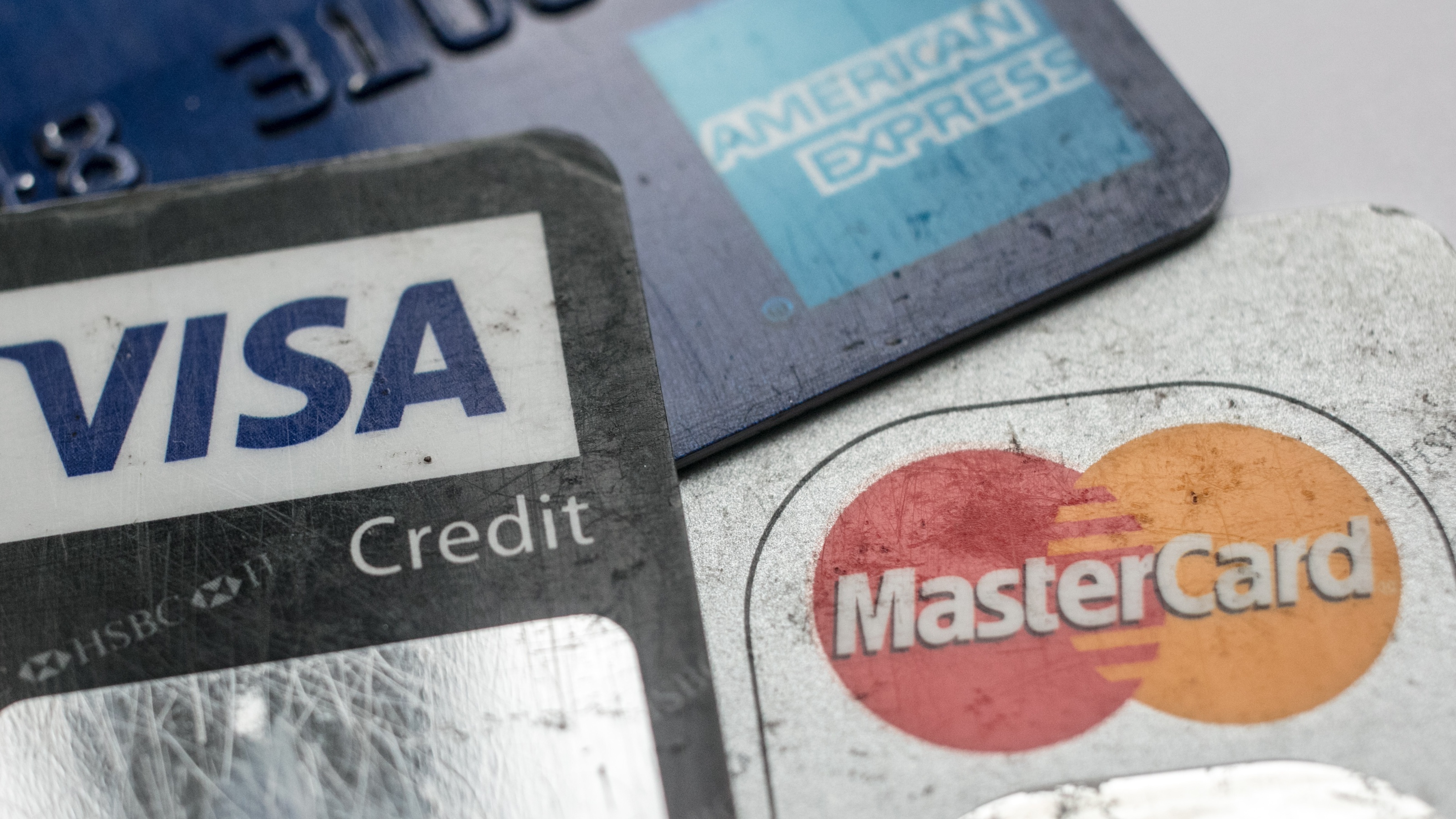 Brits keeping 21 million ‘money secrets’ from friends and family, survey reveals
Brits keeping 21 million ‘money secrets’ from friends and family, survey revealsSpeed Read Four in ten people admit staying quiet or telling fibs about debts or savings
-
 London renters swap cramped flats for space in suburbia
London renters swap cramped flats for space in suburbiaSpeed Read New figures show tenants are leaving Britain's cities and looking to upsize
-
 Should the mortgage holiday scheme have been extended?
Should the mortgage holiday scheme have been extended?Speed Read Banks warn that some homeowners may struggle to repay additional debt
-
 RBS offers coronavirus mortgage holidays
RBS offers coronavirus mortgage holidaysSpeed Read Taxpayer-owned bank follows measures taken in virus-struck Italy
-
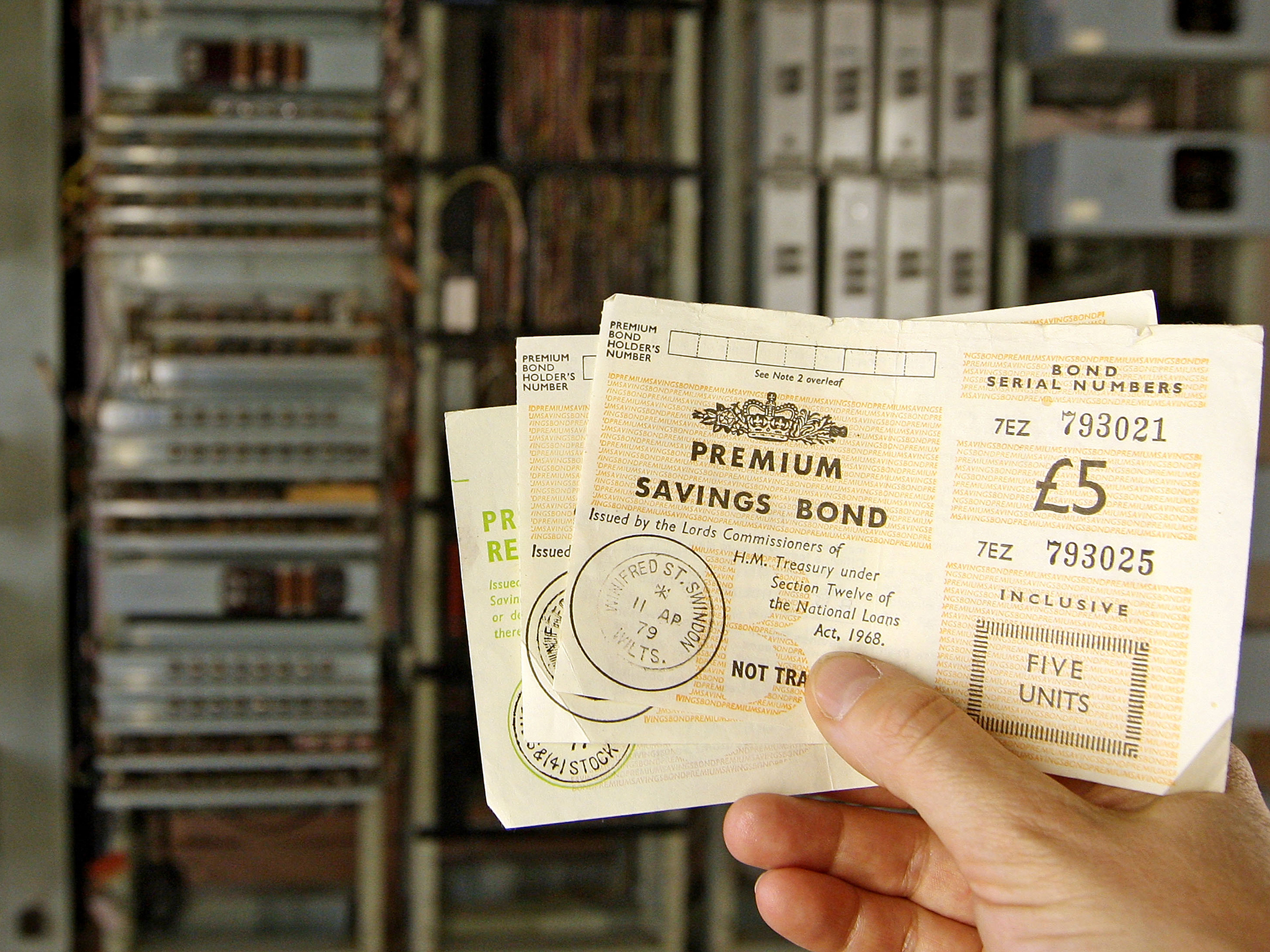 What are the changes to National Savings payouts?
What are the changes to National Savings payouts?Speed Read National Savings & Investments cuts dividends and prizes for bonds
-
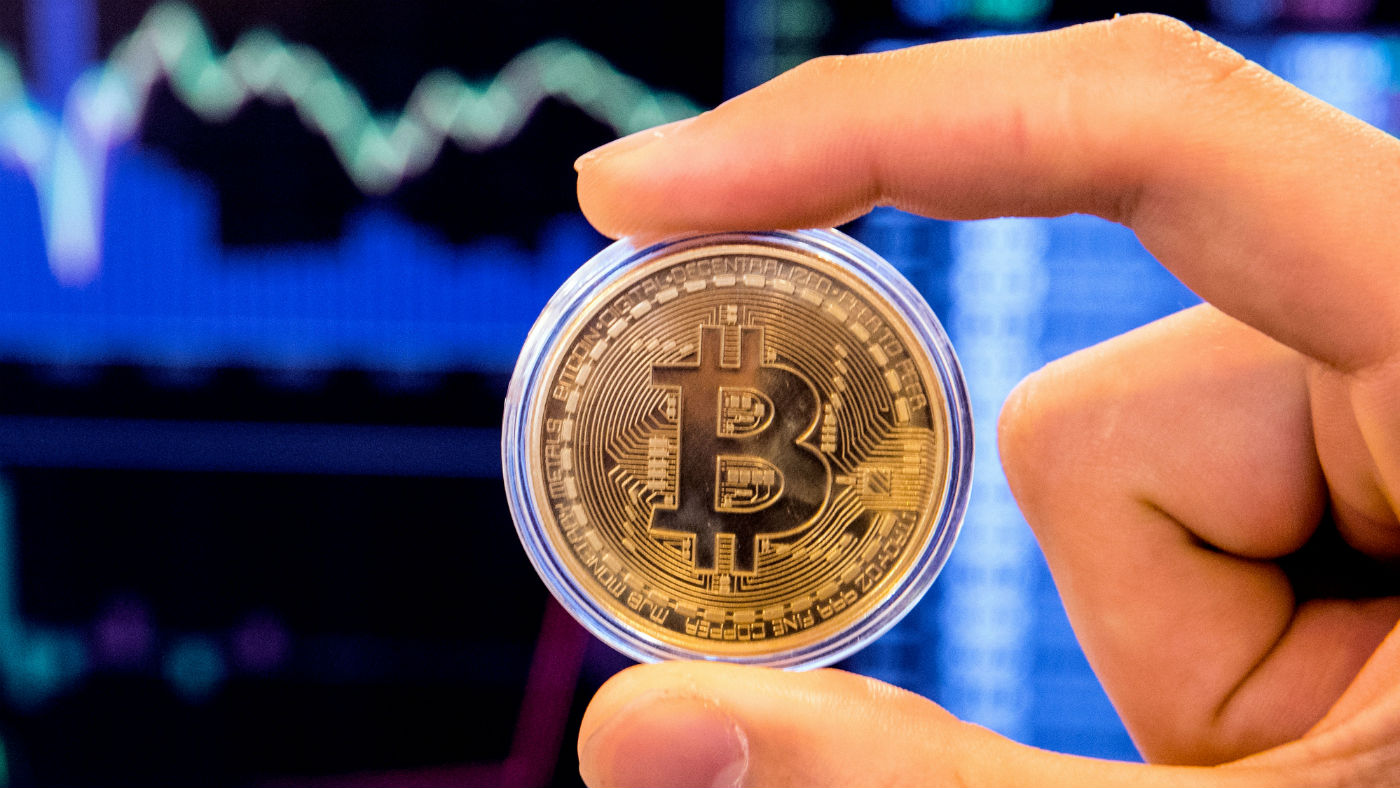 China clears path to new digital currency
China clears path to new digital currencySpeed Read Unlike other cryptocurrencies, Beijing’s would increase central control of the financial system
-
 Why are donations surging to the RNLI?
Why are donations surging to the RNLI?Speed Read Charity enjoys flood of funding after criticism for overseas work
-
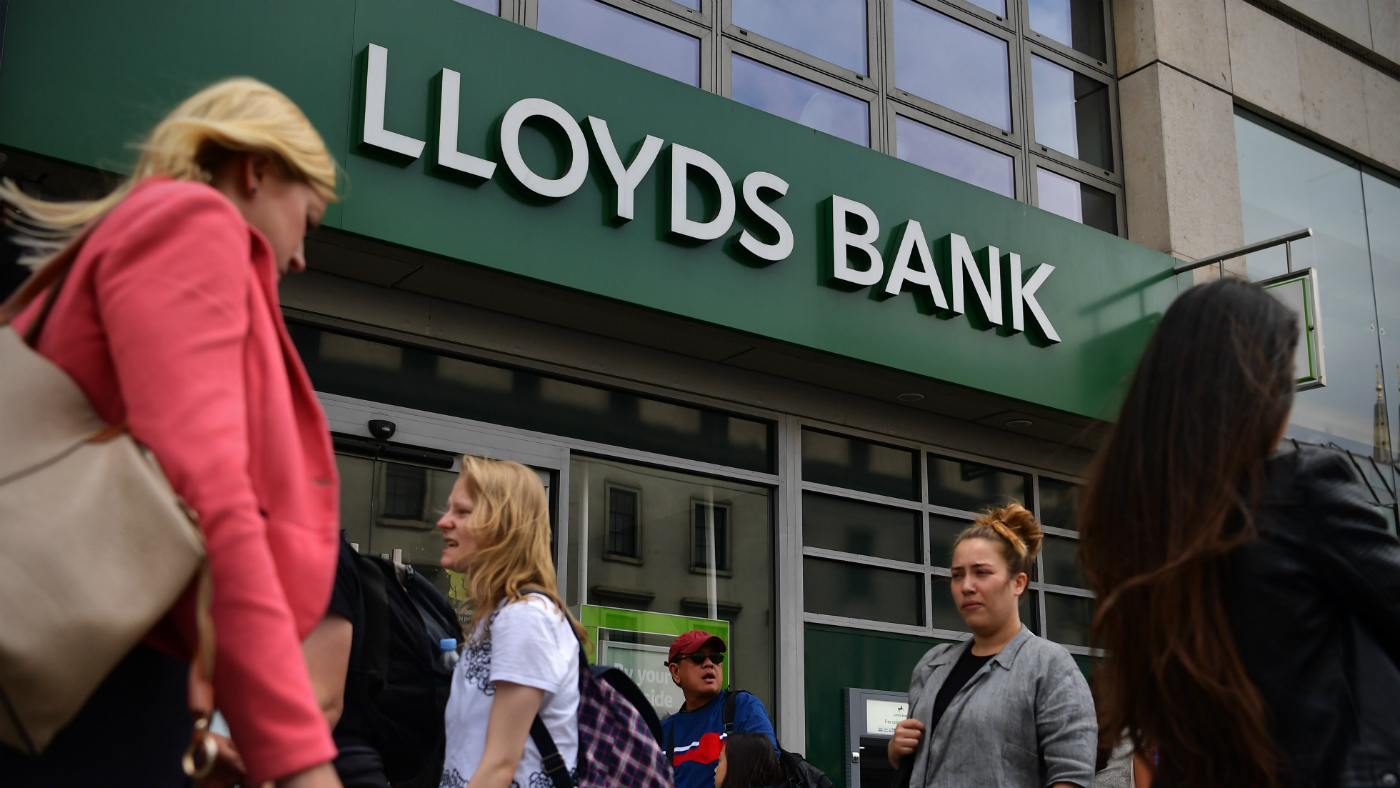 PPI deadline day: how to claim
PPI deadline day: how to claimSpeed Read Final chance for consumers to apply for compensation